11 Mar 2023 - {{hitsCtrl.values.hits}}
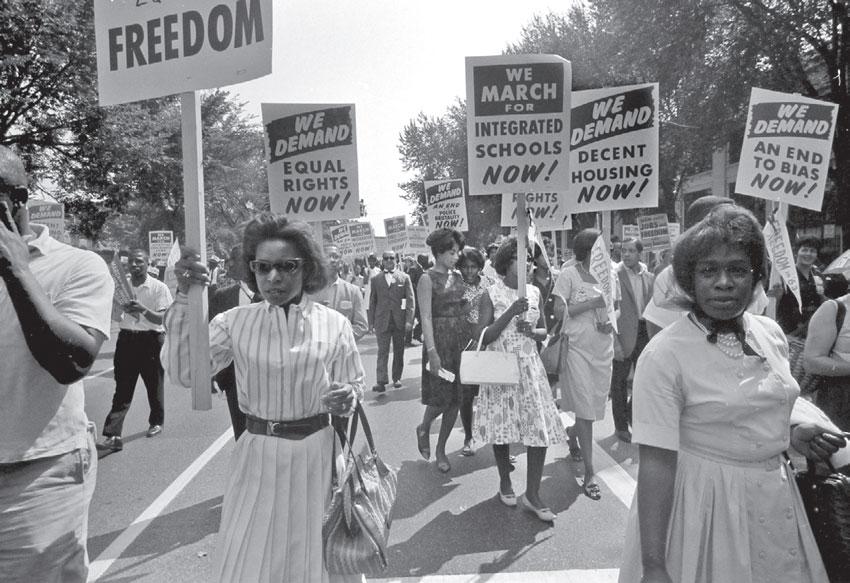
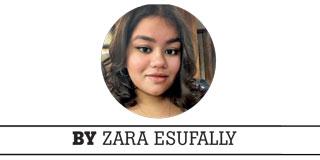 In order to critically discuss a movement, we must first understand its etymology. The word, ‘woke,’ has become a buzzword across today’s media outlets, with the culture of wokeism being the subject of much controversy and debate. So, what does it truly mean to be woke? Is it, as English broadcaster Piers Morgan claims, a modern-day form of fascism, or is it the undercurrent that drives the ongoing fight for inclusivity for all people? Although perceived by members of older generations to be a new-age movement that is beyond their grasp, the origins of the word, ‘woke,’ in its current use can be traced back nearly a hundred years. Originating in African American Vernacular English (AAVE), the word began being used in the 1940s to mean being sensitised to injustice and discrimination. In 1962, the New York Times Magazine included the word, ‘woke,’ in its glossary to mean being politically conscious; and in 1972 the play ‘Garvey Lives!’ based on the life of black civil rights activist, Marcus Garvey, famously included the lines, “I been
In order to critically discuss a movement, we must first understand its etymology. The word, ‘woke,’ has become a buzzword across today’s media outlets, with the culture of wokeism being the subject of much controversy and debate. So, what does it truly mean to be woke? Is it, as English broadcaster Piers Morgan claims, a modern-day form of fascism, or is it the undercurrent that drives the ongoing fight for inclusivity for all people? Although perceived by members of older generations to be a new-age movement that is beyond their grasp, the origins of the word, ‘woke,’ in its current use can be traced back nearly a hundred years. Originating in African American Vernacular English (AAVE), the word began being used in the 1940s to mean being sensitised to injustice and discrimination. In 1962, the New York Times Magazine included the word, ‘woke,’ in its glossary to mean being politically conscious; and in 1972 the play ‘Garvey Lives!’ based on the life of black civil rights activist, Marcus Garvey, famously included the lines, “I been
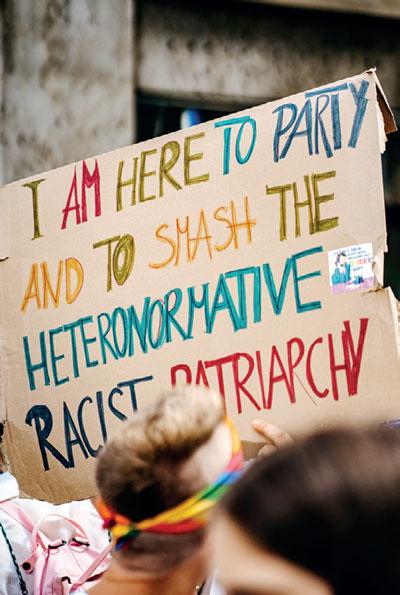
sleeping all my life. And now that Mr Garvey done woke me up, I’m gon’ stay woke. And I’m gon’ help him wake up other black folk.” The word then entered mainstream media in 2008, through singer-songwriter Erykah Badu’s song, ‘Master Teacher,’ which includes the line “I stay woke.” In 2014, after Michael Brown was murdered as a result of police brutality in Ferguson, Missouri, the culture of wokeism took on a central role in the Black Lives Matter movement; and in today’s socio-cultural climate that culture has expanded to include any acts that strive towards inclusivity and acceptance for all people. In 2017, ‘woke’ was added to the Oxford English Dictionary, originally defined as the act of being well informed and up to date, and later revised to mean being alert to racial or social discrimination or injustice. Unfortunately, despite its historical origins, the word ‘woke,’ has now been weaponised by right wing ideologists to insult and condescend those on the left, resulting in a botched understanding of what woke culture is, and what woke individuals are fighting for.
It can be understood, then, that woke culture exists at the centre of the discourse surrounding identity politics. It is a movement that aims to educate the masses on the nuances of belonging to different marginalised societal groups; and more so, it is a movement that fights for systematic changes to be made so that individuals in these groups can have their needs met. Much of the controversy in identity politics today seems to be centred around individuals belonging to minority gender identities and sexualities. Especially in the US, recent years have seen bills passed that prevent the discussion of LGBTQ issues in schools and prevent trans youth from accessing gender affirming healthcare. Unfortunately, these bills cause far more harm than good. Taking away young peoples’ freedom to discuss their identities and associated hardships does not result in them changing their identities, but rather only results in heightened isolation and societal ostracization. Furthermore, for youth with hostile home environments, removing their ability to treat school as a safe haven has proven to have drastic negative impacts on mental wellbeing. Anti-trans bills result in trans youth being unable to access hormone replacement therapy or puberty blockers, and the resulting gender dysphoria is a major contributing factor as to why transgender individuals have some of the highest rates of depression, anxiety, and suicidal ideation/attempts in the world. Other such bills, such as those that prevent transgender people from using certain bathrooms despite not offering to provide a gender-neutral option, or those that prevent transgender women from participating in gendered sporting events despite there being no conclusive evidence to suggest an innate advantage over biological women serve no real purpose other than to discriminate against a marginalised societal group and make them feel lesser than.
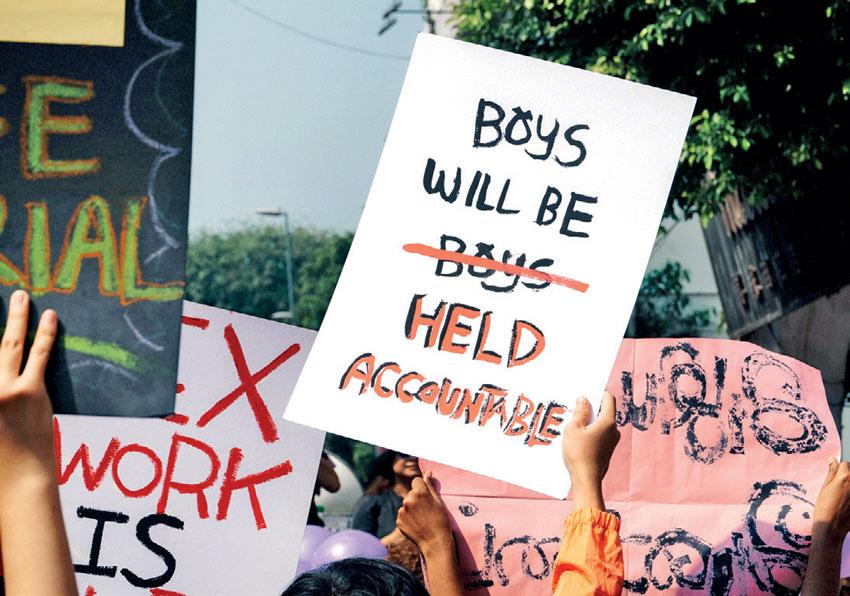
An often-cited argument by those who stand against the LGBTQ community, is what they believe to be the indoctrination of children. However, the fact of the matter remains that there is no secret agenda- these individuals are only fighting to be accepted and respected as they are. In fact, it poses a greater risk to children to restrict their awareness of the LGBTQ community as it fosters hateful ideology and encourages them to treat other people badly. Children who are brought up in such an environment who themselves have a minority gender or sexual orientation often struggle deeply with feelings of self-hatred, resulting in heightened risk of developing mental illnesses such as depression and anxiety. Furthermore, conservatives have, for a long time, painted individuals belonging to minority gender and sexual orientations in a predatory light in an attempt to further ostracise this community. However, gender and sexual orientation are unrelated to one’s moral compass, and in fact, a growing evidence base suggests that children are at a far higher risk of child sexual or domestic abuse from members of their own family or others close to them, than from any other societal group.
So, is the culture of wokeism really so bad if it is rooted in the fight for equality? Throughout history, we have seen groups discriminated against for reasons beyond their control. There was once a time when women could not vote nor hold jobs, people of colour could not live in certain neighbourhoods or enter certain establishments, and gay men could not access lifesaving medical treatment. Although we may have made strides in the fight for inclusivity, there is a still a long way to go. In the UK alone, women on average, earn 8.3% less in an hour than men do; and black and minority ethnic (BAME) individuals are twice as likely to die in custody compared to their white counterparts. Globally, homosexuality is still criminalised in 68 countries, and same-sex marriage is only legal in 32 countries. Surely, it is not wrong to ask ourselves to do better. The notion of a world in which we are all treated equally does not need to remain a utopian fantasy.
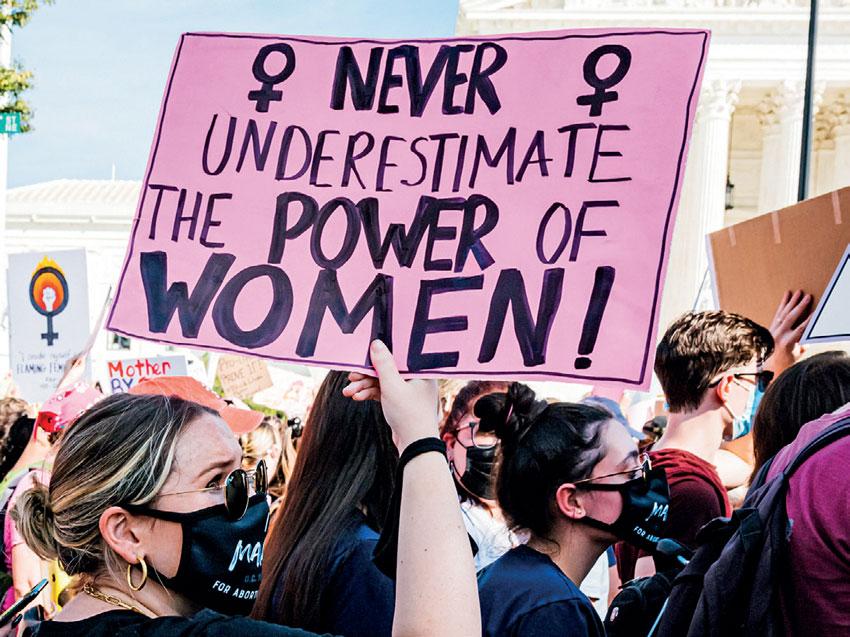
In order to implement change at a systemic level, it is important to foster the right mindsets early on. Teaching children to use inclusive, and inoffensive language in school, and teaching them to appreciate and respect people from all walks of life will result in them maturing into forward thinking, progressive adults who will strive to make the world a better place for generations to come. Allowing children to express themselves how they see fit and teaching them to stand up for those around them does not make them oversensitive or sheltered; rather, it makes them genuine, emotionally intelligent individuals who have a strong sense of right and wrong. Truthfully, it is near impossible for children to remain sheltered in today’s digital age. With access to all the information in the world at their fingertips, they will develop opinions and a value system of their own in no time- it is all we can do to nudge them in the right direction.
So, do I stand behind woke culture? Absolutely. A friend recently told me of an age-old African proverb that says, ‘if you want to go fast, go alone. If you want to go far, go together.’ It reminds us that there is only so much we are capable of on our own, and that if we just remember to lean on each other, we will be able to go so much further. So, let’s continue to work together towards a world in which we love each other without conditions; and if the only argument you might have against that is the re-writing of Roald Dhal books, then I urge you to consider that there are bigger things to worry about.
Whilst writing this article, I reached out to a few individuals and asked them to share their thoughts on woke culture with me:
Kumudini David
Women’s rights and mental health advocate, advocate against child abuse.
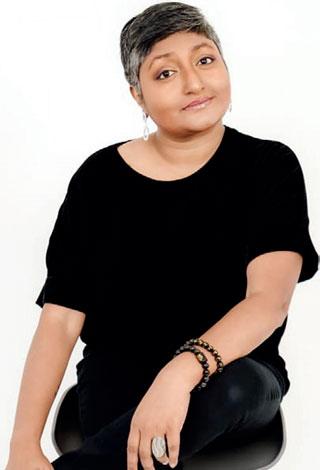 For me the word “Woke” stands for being a wake, meaning being aware, being present, and actually “seeing” the people around me, accepting them for who they are, not what I want them to be. As with all things, the word “Woke” means many different things to different people. I don’t think I have a right to own a definition of a word and force it down everyone else’s throats. Inclusivity and diversity are bigger than a word. I don’t follow any movement as my way of life. I believe in everyone having the right to choose how they want to be seen and who they want to be. I also believe that no one remains the same. Every time we learn something new, we evolve and become more than what we were before we learned it. We are in constant evolution, all of us. Gender identities and sexualities are personal decision, and the basic tenant of respect is respecting another’s decisions about their bodies. That’s it. The end. You accept it and move right along with your business. I have no say in another’s sexuality or gender identity. Classic media and plays being edited to be more politically correct is fine as long as they play it as a rendition of the original. Respect goes both ways. We must respect the creators and their visions as well. I am a mum. I have never forced my son to choose anything according to how I like them. I always asked him to choose what he likes, and I’ve never tried to change his mind. A child must feel he owns his thoughts and bodies in order to grow into a responsible citizen of the world. If he had chosen to be a girl, I would have supported him. If he wants to be gay, I will support him completely. Unconditional love is just that it has no conditions.
For me the word “Woke” stands for being a wake, meaning being aware, being present, and actually “seeing” the people around me, accepting them for who they are, not what I want them to be. As with all things, the word “Woke” means many different things to different people. I don’t think I have a right to own a definition of a word and force it down everyone else’s throats. Inclusivity and diversity are bigger than a word. I don’t follow any movement as my way of life. I believe in everyone having the right to choose how they want to be seen and who they want to be. I also believe that no one remains the same. Every time we learn something new, we evolve and become more than what we were before we learned it. We are in constant evolution, all of us. Gender identities and sexualities are personal decision, and the basic tenant of respect is respecting another’s decisions about their bodies. That’s it. The end. You accept it and move right along with your business. I have no say in another’s sexuality or gender identity. Classic media and plays being edited to be more politically correct is fine as long as they play it as a rendition of the original. Respect goes both ways. We must respect the creators and their visions as well. I am a mum. I have never forced my son to choose anything according to how I like them. I always asked him to choose what he likes, and I’ve never tried to change his mind. A child must feel he owns his thoughts and bodies in order to grow into a responsible citizen of the world. If he had chosen to be a girl, I would have supported him. If he wants to be gay, I will support him completely. Unconditional love is just that it has no conditions.
Mahika Panditha
Freelance writer and business owner.
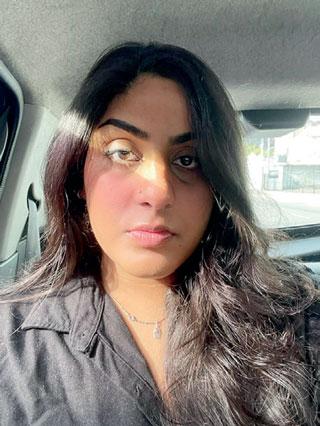 What does being woke mean to you and where do you stand in the fight for inclusivity? Has woke culture impacted your life in any way, and if so, how?
What does being woke mean to you and where do you stand in the fight for inclusivity? Has woke culture impacted your life in any way, and if so, how?
When ‘woke culture’ came about, it was a shock to me only because it was beyond me that the basics suddenly had a name. Being ‘woke’ to me means being aware of your surroundings both in people and place, and to be respective of them. What started off as a term coined amidst the BLM movement, has now grown to general terminology around being socially and politically aware. It’s impacted me in an educational way - I have learned a series of things that I didn’t know about fully before, which has pushed me to further learn and continue learning about the diverse cultures and communities around me.
Where would you draw a line between actually being woke, and losing sight of the original goals of the movement?
I think people do tend to get ahead of themselves sometimes. Getting ahead of themselves by
jumping on a bandwagon they don’t understand, but just because it’s ‘trending’ in the moment. That is where I would draw the line. If you were to title yourself as being ‘woke’, I’d question whether or not you truly knew where the term was derived from and why it is being used in the first place. Of course, there are times where people can lose sight of their original goals and things get out of hand, but it is up to their peers and community to enlighten them on what is true, and right so that they don’t end up changing the greater narrative which ends up causing further issues.
What are your opinions on gender roles - what roles do people belonging to different gender identities / sexualities fill in society?
We have been brought up with a rich culture and strong traditions, it is something I harp on about when I get the chance. That being said, there are predetermined norms of what you should do and how you should look if you are a girl, and the same for a boy. This concept is extremely limited and forces people to be in a mould that they did not choose. It is unfair to put someone in a position simply because of the way they choose to identify.
What are your opinions on classic media such as books and plays being edited to be more politically correct / culturally sensitive / inclusive?
As time goes on, we must adapt. It would be absurd of us to not change with the times, that is how people and assets of the media get left behind, regardless of if they are classic or not. I personally don’t see the idea of editing certain things in books or plays because you must keep in mind that the consumers of these pieces of media are the current youth. If we, as adults don’t make the changes for a better humanity, there will be no change and history will repeat itself. There is no necessity to keep slurs or insensitive terms and words in media, it does not necessarily add any pizzaz to the piece. Something that shouldn’t be forgotten is that language is ever-growing, you can always find an alternative.
If you were to have children of your own, how would you go about implementing / not implementing wokeism into their upbringings?
When I have children of my own, I would definitely educate them about how things were in the past or in the time we grew up in, to explain why they are the way they are when they are young. I am a firm believer of teaching a child about their history and allowing them to learn on their own so that they can form their own opinions from it. It would be selfish of me to confine their thoughts and personality to a box, when it is their life, not mine. As they grow up, they will continue to learn and develop and I would only like to facilitate that, without interfering to the point where they feel they are wrong for the opinions or personalities that they have. I would not want to force my child do something that she/he/they wouldn’t want to do, but of course, till my child is old enough to voice their opinions or show clear like or dislike towards something, I will be making it a point to show them the world and their options in it.
23 Dec 2024 12 minute ago
23 Dec 2024 43 minute ago
23 Dec 2024 49 minute ago
23 Dec 2024 57 minute ago
23 Dec 2024 2 hours ago